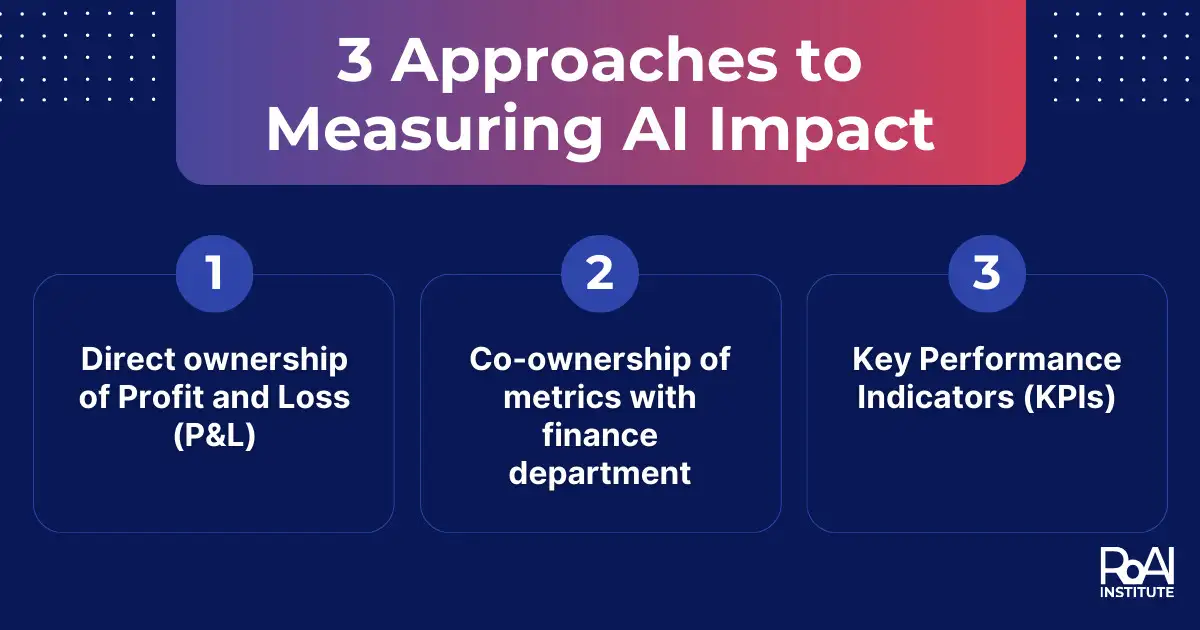The Growing Importance of AI in Corporate Strategy
AI is no longer confined to tech giants and digital-native companies.
Recent polls suggest that 70 to 90% of CEOs plan to invest heavily in AI in the coming years. This shift is setting the stage for a global paradigm shift in how businesses operate and compete.
In this blog post, we’ll explore how AI is set to impact corporate governance, drawing insights from a conversation I had with with Jim Miller, a seasoned board director with extensive experience in AI and technology.
Jim Miller, who has served on boards including The RealReal, Brambles, and the AI company LivePerson, emphasizes that while we’re still in the early stages of AI adoption, its potential impact on business models is profound.
He draws a parallel to the early days of internet browsers, noting that while it was clear the internet would be transformative, few could have predicted its full impact on the global economy.
“Nobody could have accurately predicted the impact that the internet would have on the global economy and business in general… it’s easy to look at what’s happening in AI and I think get a similar feel that this is going to be huge” ~ Jim Miller
Key Responsibilities of Board Members in the AI Era
As AI becomes more prevalent, board members must evolve their roles to encompass new areas of oversight. Traditional responsibilities such as financial oversight, leadership evaluation, and stakeholder communication remain crucial.
However, three areas are becoming increasingly important in the context of AI:
- Strategic planning
- Compliance and policy development
- Risk management

These areas will be significantly impacted by AI, requiring board members to develop new competencies and perspectives.
Challenges for Board Members
One of the primary challenges board members face is keeping up with the rapidly evolving technology. Many board members, especially those who have been out of operational roles for some time, may find it difficult to stay current with AI developments.
Miller suggests that while board members don’t need to become technical experts, they should focus on understanding how AI, particularly generative AI, will impact their organization, business model, and industry segment.
This requires a willingness to admit relative ignorance on the subject and a curiosity to learn and ask questions.
Strategies for Board Members to Adapt
To navigate the AI landscape effectively, board members can:
- Pursue continuous education: Seek out resources like industry publications, research reports, and expert analyses to stay informed about AI developments.
- Seek expert guidance: Bring in AI experts to educate the board and provide insights into the technology’s potential impacts.
- Focus on business implications: Rather than getting bogged down in technical details, concentrate on how AI can affect the company’s strategy, operations, and competitive position.
- Use first principles reasoning: Break down complex AI concepts into their fundamental components to gain a clearer understanding of their potential and limitations.
Miller emphasizes the importance of demystifying AI. He notes that understanding the basic principles of how large language models work – essentially as sophisticated statistical prediction engines – can help board members cut through the hype and focus on practical implications.
Key Areas of Focus for Boards in the AI Era
As boards navigate the AI landscape, they should pay particular attention to:
- Incorporating AI into enterprise risk frameworks: Understand and mitigate potential risks associated with AI implementation.
- Data privacy and governance: Ensure robust policies are in place to protect sensitive information as AI systems process vast amounts of data.
- Balancing experimentation with safeguards: Encourage innovation while implementing necessary controls to prevent misuse or unintended consequences.
- Understanding the impact on company culture and workforce: Consider how AI will affect employees and the overall organizational culture.
Cultural Implications of AI Adoption
The introduction of AI into an organization can have significant cultural impacts. Boards need to consider:
- Addressing employee concerns about job displacement
- Fostering a culture that views AI as augmentation rather than replacement
- Preparing the workforce for AI-driven changes in job roles and required skills
Miller suggests that while AI will undoubtedly change the job landscape, it’s crucial to view it as a tool for augmenting human capabilities rather than replacing them entirely.
Conclusion
As AI continues to evolve and reshape the business world, corporate boards must adapt to ensure effective governance. This requires a commitment to ongoing learning, a willingness to ask questions, and the ability to balance optimism about AI’s potential with a realistic assessment of its risks.
By focusing on the strategic implications of AI, ensuring proper data readiness, and considering the cultural impacts, boards can guide their organizations through this transformative period.
As Jim Miller aptly puts it, “I’m an optimist. I’ve seen technology improve people’s lives over the short duration of my life. It’s going to continue to improve people’s lives. But we have to be realists about it as well.”
In the age of AI, effective corporate governance will be characterized by this balance of optimism and realism, coupled with a deep understanding of how AI is reshaping the business landscape.
